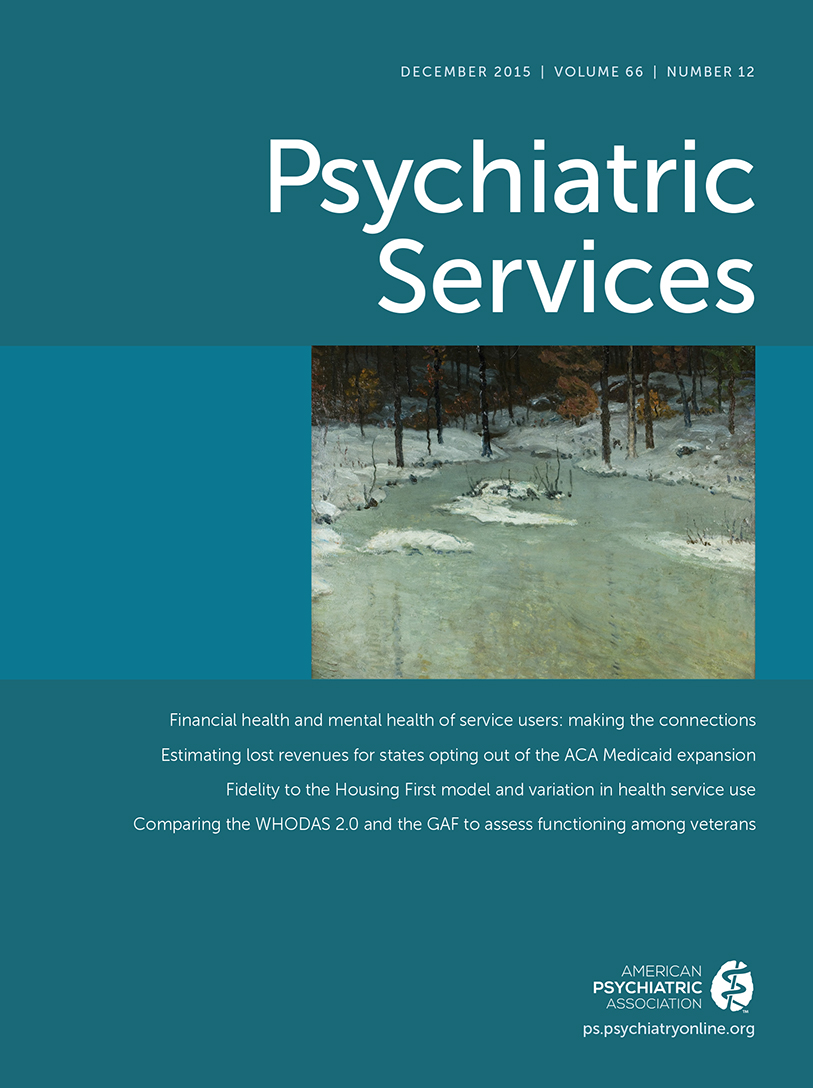The Unfortunate Importance of Beauty: A Novel
The Unfortunate Importance of Beauty, by Amanda Filipacchi, is her fourth book. Filipacchi is herself the daughter of a “top Ford model” and a good-looking father, but, as she describes herself, she is not a “beautiful person” in that she has a wandering eye and unattractive teeth. And she says in her article for the New Yorker that she “notices a disturbing pattern; many of the things I wrote about in my first three novels later came true in my life.”
Thus it is not surprising that the novel has a number of magical things in it, and love does not come to those who give the appearance of ugliness or are truly ugly. Lily, who is one of the characters central to the theme, is “extremely ugly—Lily's eyes being far, far too close together is only one of her multitude of flaws.”
The novel begins with Barb (the protagonist) seeing a clinical psychologist at her mother’s urging. Since her friend, Gabriel's, suicide in which he left a note explaining that he was in love with her and had no hope of his love coming to fruition, Barb has masked her beauty by wearing frizzled hair, brown ugly contact lenses, a thick jacket, overlarge pants, and so on, all of which succeed in making her unattractive. Barb’s mother wants her to discard her disguise and thus suggested the appointment, but no one seems to spend time on how Barb feels about Gabriel's suicide note). This is the last we see of the therapist. Instead, Barb's friends, Lily, Penelope (who in the past was kidnapped and spent three days in a coffin), Georgia, who is a writer and in the first few chapters loses her computer with her latest novel in it, and Jack are the main characters, along with Peter Markin, who has seen Barb as she really is but pretends he hasn’t. The friends get together at Barb's apartment where they learn that she has received a letter that Gabriel postdated that told of a tragic happening done by someone he called “Kaye”.
So there is excitement, possible murder, wonder, beauty, artistic concern, and creativity. But the magical nature of it all does not, to my way of thinking, come off as believeable. It is too contrived and magical to make sense—there is the magical element of Lily's beauty—being able to look beautiful if she had her musical piece playing but otherwise having to wear a mask.
Thus the book seemed too contrived and magical to make sense, and I must admit it was not to my liking. The mean-seeming doorman stirs things up when he comes up to the apartment with a gun, but that, too, is contrived.



